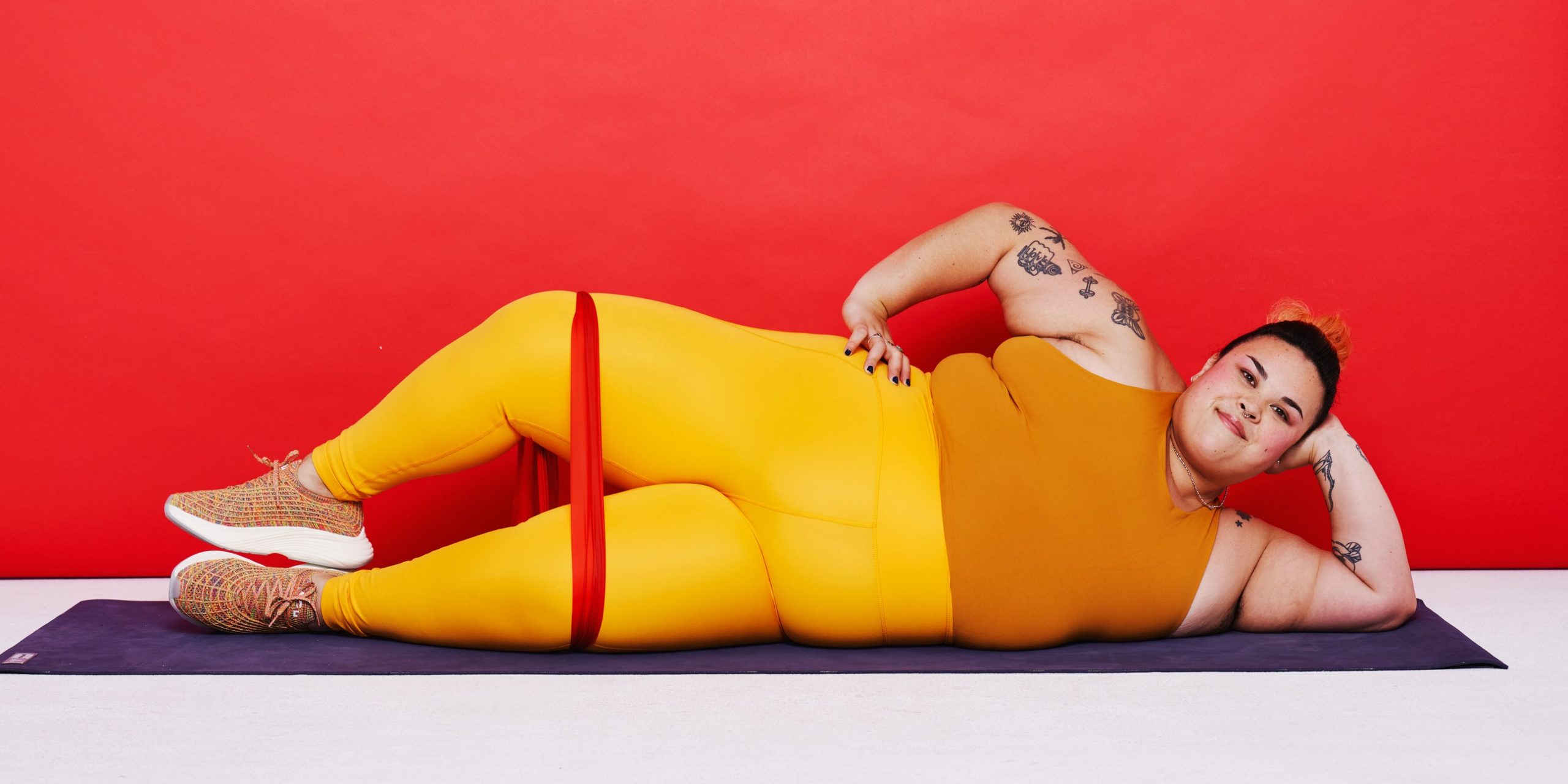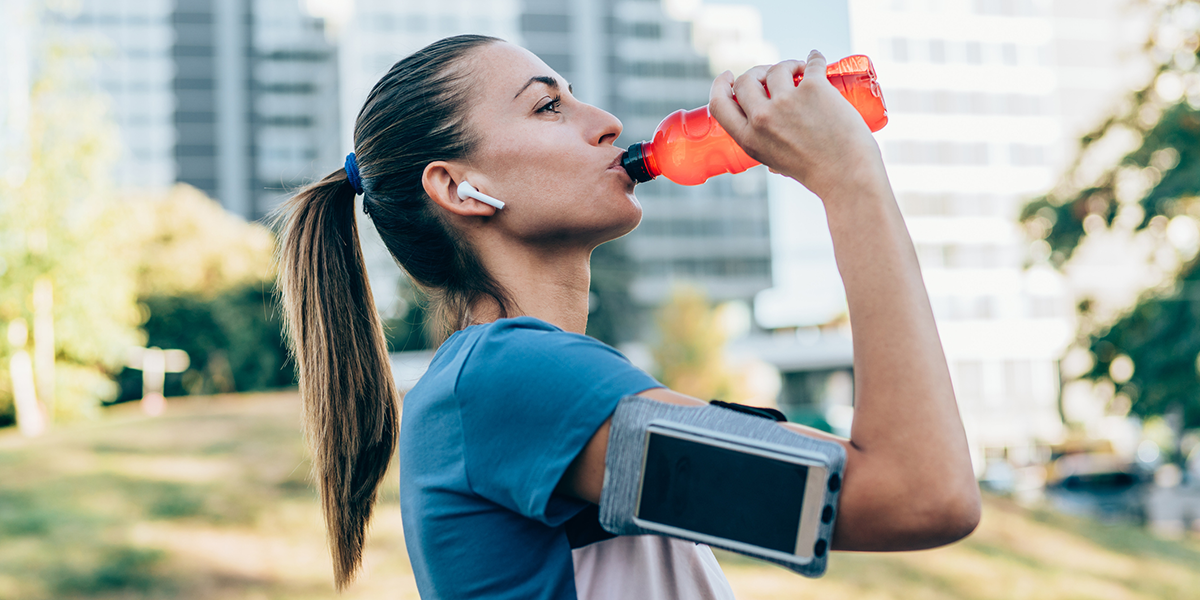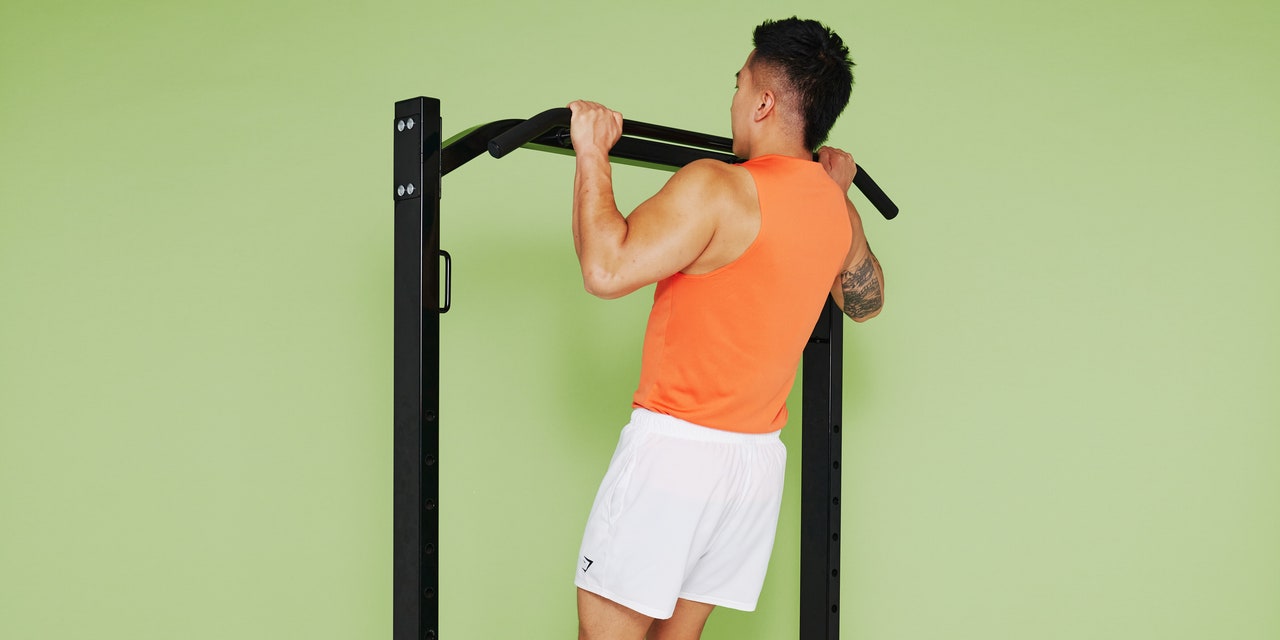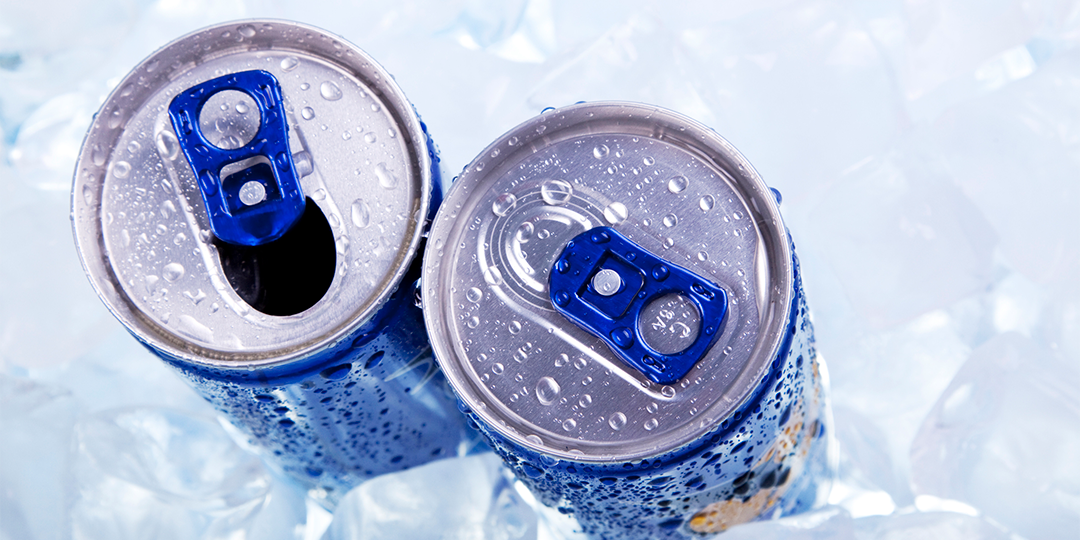12 Side-Butt Exercises That Will Target Those Hard-to-Reach Glute Muscles

Weak side-butt muscles can hamper your single-leg strength and cause your knees to cave in (a motion known as valgus) when you’re walking, squatting, or doing other movements. Valgus places a lot of stress on the knees and can ultimately lead to injuries to that joint, says Williams. For one, it can contribute to iliotibial band syndrome, a condition that can cause sharp pain on the outside of your knee.
It can also lead to problems even lower on your kinetic chain: Weak hip abductors can increase the risk of ankle injuries, especially when you’re running. The small muscles along the side of your butt help you stay steady and balanced as you stride on uneven surfaces, helping to prevent ankle rolling or sprains, according to the American Council of Exercise.
Moreover, when your abductors aren’t firing and stabilizing like they should, other joints and muscles can step in to compensate, says Fagin. For instance, if the gluteus medius isn’t doing its job keeping your hip steady, your hip flexors can take on some of that work, which can ultimately lead to strain and injury.
How to work your hip abductors at home
When you hear “hip abductor exercises,” you might envision the classic gym hip abductor machine—the chair equipped with weighted pads you press out with your knees. While this move is extremely common, it’s actually not the most functional way to work these muscles, says Fagin. After all, there are pretty much no scenarios in daily life where you’d be simultaneously flexing your hips and pressing your knees out.
A better way to strengthen your abductors? Focus on simple moves that involve bringing your legs out to the side and away from your body. Examples include clamshells, fire hydrants, lateral lunges, curtsy lunges, and lateral leg lifts. You can also incorporate unilateral moves like single-leg deadlifts, reverse lunges, and single-leg squats to challenge the stability of those muscles, says Fagin.
Now, you may notice a lot of common hip abductor moves use mini-bands or resistance bands. That’s because these portable tools are easy ways to add external resistance to an exercise, which makes it more challenging than bodyweight alone, says Fagin. Many banded moves can also be done with a cable machine or ankle weights, but for lots of folks a mini-band or resistance band is the most accessible option for progressing it. That said, if you’re just getting started, it’s smart to do the movements with just bodyweight at first. Then, once you’ve mastered proper form, you can progress by added resistance or weights.
When it comes to incorporating abductor exercises into your routine, you don’t need to devote an entire workout to them. You can add one or two moves into every session, advises Fagin. For moves like lateral lunges, curtsy lunges, single-leg deadlifts, and reverse lunges where you can easily add a lot of external load in the form of free weights, aim to go heavy and keep the rep count lower—for instance, do four sets of eight reps if you goal is to build muscle, or four sets of six if you’re wanting to increase strength. For moves that use resistance bands, like clamshells, fire hydrants, and lateral steps, aim for three sets of 12 to 15 reps to work your muscular endurance.
Fagin also recommends incorporating banded moves as part of a warm-up, since activating those muscles is super important for the rest of your workout. Many movements—from running to biking to strength training—require the use of your abductors, so properly firing them up beforehand can help reduce your risk of injury, Fagin explains.





